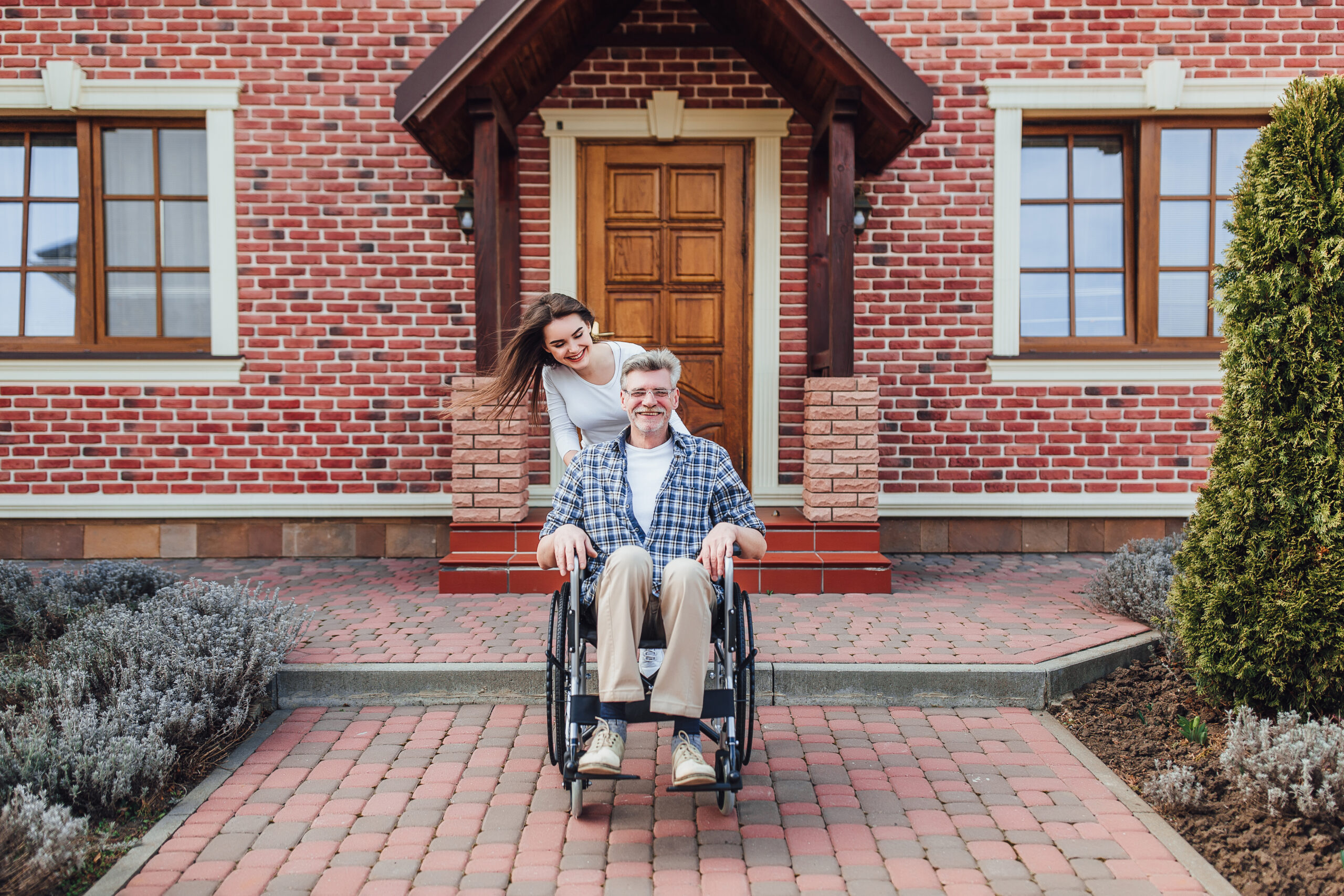
Caring for a loved one can be an incredibly rewarding experience, but it can also be emotionally and physically draining. Caregiver burnout is a common occurrence, and it’s important to recognize the signs and take steps to prevent (or reverse) it. In this article, we will discuss several coping skills to fight caregiver burnout.
What is Caregiver Burnout?
Caregiver burnout is a state of physical, emotional, and mental exhaustion that can occur when caregivers don’t get the help they need. According to the Cleveland Clinic, caregiver burnout can lead to a wide range of physical and emotional symptoms, including depression, anxiety, insomnia, and chronic fatigue.
Signs of Caregiver Burnout
There are several signs of caregiver burnout that you should be aware of. These include feeling overwhelmed, experiencing feelings of isolation, neglecting your own needs, and losing interest in activities you used to enjoy. According to Vitas Healthcare, other signs include changes in appetite or sleep patterns, feeling irritable or short-tempered, and experiencing physical symptoms, like headaches or stomach problems. Caring for aging parents or loved ones can be as difficult as it is rewarding.
Coping Skills for Caregiver Burnout
To prevent or alleviate caregiver burnout, there are several coping skills that caregivers can employ. One of the most important is asking for help. Don’t be afraid to reach out to family members, friends, or community organizations for assistance. You may also want to consider hiring a professional caregiver or respite to provide a break from caregiving duties.
Practicing self-care is another important way to cope with caregiver burnout. This means taking care of your own physical and emotional needs. Make time for exercise, hobbies, and relaxation. Seek support from others, including therapists, support groups, or spiritual advisors.
It’s also important to set realistic expectations for yourself. Remember that you can’t do everything, and that it’s okay to ask for help or delegate responsibilities. Don’t feel guilty about taking time for yourself. Try to find a balance between caregiving duties and other aspects of your life. Take advantage of technology and other modern resources to help you manage your caregiving responsibilities. There are many apps, websites, and other tools available to help you organize schedules, track medications, and connect with other caregivers.
Caregiver burnout is a serious issue that can affect both caregivers and their loved ones. It’s important to recognize the signs and take steps to prevent or alleviate it. By asking for help, practicing self-care, setting realistic expectations, and using technology and other resources, caregivers can cope with the demands of caregiving and maintain their own well-being.
Download the Free Guide: Caring for Aging Parents
At Miller Estate & Elder Law, we have helped countless caregivers gain peace of mind knowing that—at the least—the right legal tools are in place to help them help their aging loved ones. We work with caregivers at all stages, from taking the first important legal steps following a dementia diagnosis, to filing for guardianship and/or conservatorship after their loved one’s dementia symptoms become more advanced. The sooner you take action, the easier it will be to take the best possible care of your aging loved ones. Complete the brief form below to download our free e-Book and guide: Caring for Aging Loved Ones, or contact us to schedule a consultation to discuss your unique needs.